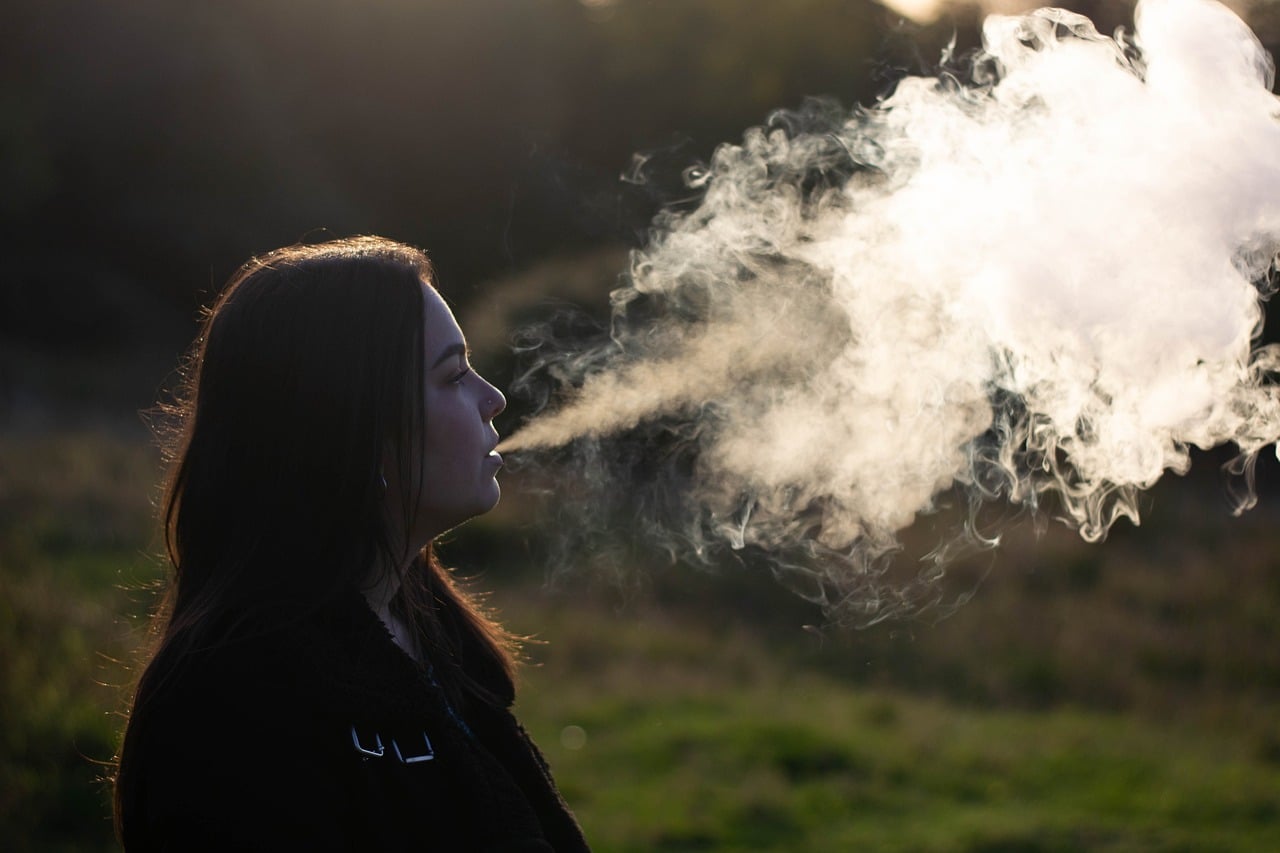Smoking laws are no longer keeping up with the surge of new tobacco products, the president of the Cyprus national addictions authority (AAEK), Christos Minas, warned on Friday.
As the country marks World No-Tobacco Day, Minas stated that the agency is pushing for urgent changes to legislation to ensure all forms of tobacco, including non-nicotine products, are covered under law.
The proposed revisions aim to make enforcement more effective and tackle emerging trends, such as the increasing popularity of e-cigarettes and flavoured alternatives, especially among young people.
As part of the drive, the AAEK has developed the island’s first national guidelines for smoking cessation. These, he said, are based on scientific evidence and in line with the world health organisation’s (WHO) framework convention on tobacco control. They will soon be distributed to health professionals and used to develop new prevention and treatment programmes.
Efforts to raise awareness are already under way. An information leaflet has been sent to every secondary school in Cyprus, giving counsellors and teachers tools to talk to pupils about tobacco use. Meanwhile, a public event was held in a Nicosia shopping mall, offering carbon monoxide testing for smokers and expert advice on the dangers of new tobacco products.
Minas highlighted fresh data from the 2023 Cyprus general population survey, which showed that nearly 38 per cent of smokers had used an e-cigarette in the past month. The average age of smoking initiation remains at 18.
But it is teenagers who are showing worrying patterns.
The latest European school survey project on alcohol and other drugs, conducted in 2019, found that 14 per cent of Cypriot students aged 15-16 had smoked a traditional cigarette in the past month. Although that figure is falling, Cyprus ranks among the highest in Europe for e-cigarette use (5 per cent) and hookah (21 per cent) among pupils.
Global figures from the WHO paint an alarming picture. Over 37 million children aged 13-15 currently use tobacco products. In many countries, youth usage of e-cigarettes is now higher than among adults. Minas said industry marketing tactics were key drivers of this trend.
“These companies are thriving in loosely regulated environments, selling attractive products at low prices, and promoting them through social media,” he said.
According to WHO data released in 2025, tobacco-related content on social platforms has been viewed more than 3.4 billion times globally. In Europe alone, 12.5 per cent of teenagers report using e-cigarettes, compared to just 2 per cent of adults.
In several countries, teen vaping rates are two to three times higher than those of traditional smoking. AAEK says the time to act is now, before a new generation becomes hooked on a habit that may look different but carries the same lifelong risks.







Click here to change your cookie preferences